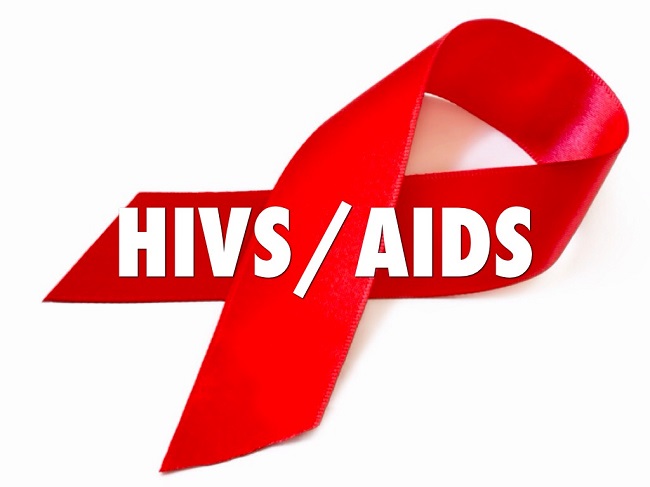
The National Agency for the Control of AIDS(NACA), has said it will strengthen the multisectoral engagement approach at the state level to ensure sustainability against HIV at the grassroots.
The Director General of NACA, Dr Temitope Ilori, in her remarks at the closing ceremony of 2024 Nigeria HIV Prevention Conference, in Abuja, the agency is ready and poised to provide leadership to drive an accelerated decline in new HIV infections.
Ilori said: “We are going to strengthen our multisectoral engagement starting from the State level through our SACAs to deliver their mandate and to ensure sustainability at the grassroots.”
“We are poised to fostering community engagements, participation and leadership to keep with the global AIDS strategy. We are also going to strengthen our data to make sure that we get it right, and I think by then, we will have a bigger success story.” She said.
Meanwhile, the youths has called on governments, UN agencies, international organisations, civil society, private sector, youth-led organizations and networks, and all stakeholders to join hands with youths in advancing the sustainable development goals and realizing the aspirations of the 95%-95%-95% targets by 2030.
The representative of 170 Youths present at the Conference, Elizabeth Talatu, also called for the meaningful engagement of adolescents and young people living with HIV including key populations in inter-ministerial task forces and technical working groups responsible for the coordination of multi-sectoral collaboration, resource mobilization, and implementation of HIV prevention programs.
“We call for support for the effective implementation of comprehensive sexuality education, and the strengthening of the in-school Family Life and HIV Education Program in Nigeria.”
“We urgently call for partnerships and collaborations among government, UN agencies, civil society organizations, private sector entities, and development partners to leverage resources, expertise, and networks for comprehensive HIV prevention initiatives.”
“We equally call for the active engagement and meaningful involvement of young people living with HIV, including key populations across all levels of decision-making to amplify their voices, remove barriers to access to funding, provide capacity building, and ensure transition plans are put in place toward efforts in HIV prevention.”
“We call on multi-stakeholders including the government, UN agencies, civil society organizations, private sector entities, and development partners, to generate domestic resources to support HIV prevention initiatives led by youth-led organizations and networks,” she added.
Source: